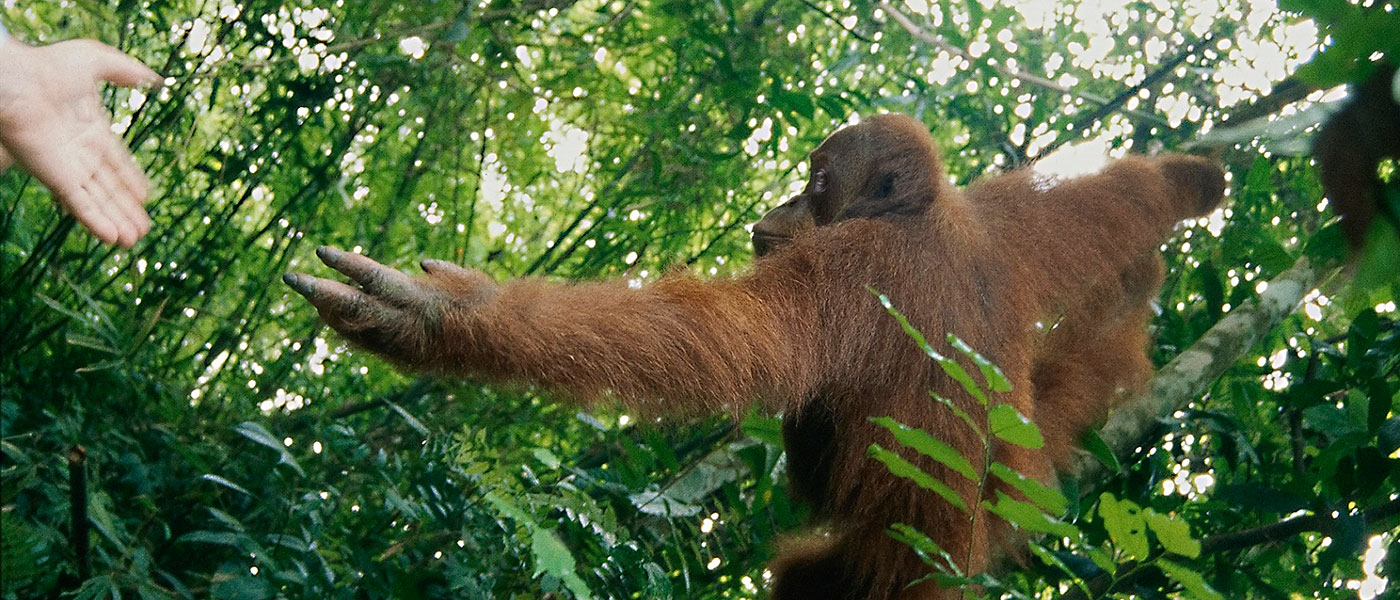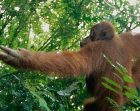
Ever since the Earth cooled over 4,500 billion years ago, our planet has undergone numerous and very varied changes. The formation of continents and oceans was followed by the emergence of life around 3,500 billion years ago. Since then, the natural world and living organisms have maintained a fine and constant balance between selective pressure and evolution.
Ever since the Earth cooled over 4,500 billion years ago, our planet has undergone numerous and very varied changes. The formation of continents and oceans was followed by the emergence of life around 3,500 billion years ago. Since then, the natural world and living organisms have maintained a fine and constant balance between selective pressure and evolution.
Human beings, another recently-arrived species amongst all these others, managed to adapt to every environment, evolving into a wealth of different races and cultures. Yet in people’s determination to control the Earth for their own benefit, they are forgetting their origins and their dependence on the environment, squandering resources and heedlessly contaminating the Earth. The changes brought about by the human race today may already be irreversible, and will have disastrous consequences if we do not put a stop to them right now.
The exhibition Diversity Under Threat. Nature-Man-Culture, featuring a selection of photographs by Eduardo Aznar (Okaimal), was curated by the professor of Research from the CSIC at the Spanish Natural Science Museum, Esteban Manrique, and showcased the natural and cultural diversity that is under threat by human activities.
The exhibition featured 98 photographs divided into the following sections: the Earth in constant change and its diversity resulting from evolution (different landscapes, biology, flora and fauna); Man as a species, and the diversity of humans (peoples, ethnicities and cultures); the adaptation and transformation of the environment (livestock rearing, farming and fishing); forests, mangrove swamps and coral reefs; water, the vital resource (rivers and lakes); the Anthropocene, rapid global environmental change (technology and the overexploitation of resources and greenhouse gases); climate change (glacier melt), vulnerability and adaptation; and We Still Have Time, which closes the exhibition by reaching out a hand to prevent this ecological disaster from happening, now while we still have time.




